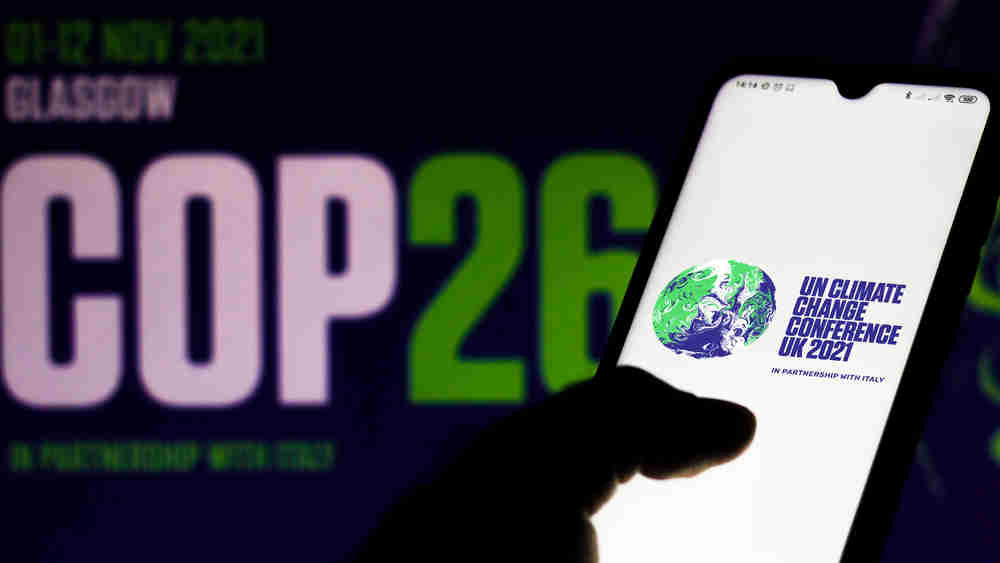Is the bottle half-empty? Or is it half-full? Unfortunately, the answer — even as 197 nations gather to wrangle in Glasgow, Scotland, for the United Nations Climate Change Conference of the Parties — is that the proverbial bottle of hope is fast running dry. Data from around the world are gloomy when it comes to the outcome of the battle to save the planet. The World Meteorological Organization has stated that greenhouse gas emissions had set a new, disturbing record and increased at a faster rate than that of the annual average of the last decade in spite of industrial activity being adversely affected by the Covid-19-induced pandemic. The reason is evident; the UN has acknowledged it by saying that at the present rate, as underlined by the voluntary pledges taken by nations as part of the Paris pact, GHG emissions will fall by 7.5 per cent by 2030 instead of 30 per cent that is necessary to limit global warming to 2 degrees Celsius. The weaker, populous economies are expected to share the burden of the impending disaster disproportionately. India, for instance, is set to experience heat waves that are “25 times longer by 2036-2065” if the rise of temperature is extreme. Smaller, coastal nations would fare worse. The damage to local and global ecologies would be of the scale of the mythical Armageddon. Economies would be scalded too: India is expected to lose 0.8-2 per cent of its gross domestic product in the future in the event of climate change remaining moderate.
Several reasons have been cited to explain the existential crisis that mankind has scripted for itself. Competitive — conflicting — interests among the stakeholders are certainly a major factor. The unwillingness of the developed world to transfer technology and funds or, for that matter, its refusal to shoulder the historic burden of the crime, as was delineated in the Kyoto Protocol’s wise principle of ‘common but differentiated responsibilities’, is a testament to the persistent fault line. Orchestrated scepticism towards annihilation by a nexus of corporations and the State — Donald Trump was an embodiment of this cohort — aggravated by counter-narratives spouted in the Post-Truth order has further stymied urgent intervention. But the biggest challenge lies in a fundamental contradiction: industrialization and its attendant, capitalism, have severed humanity’s organic relationship with nature, fostering a neo-colonialism visible in the race among business tycoons to conquer other planets even as Earth is being destroyed methodically. The hope, only a glimmer of it, lies in the burgeoning, young, global community of climate activists. This constituency must be heard and then used as a force multiplier to turn climate change into a political issue. Only then would the somnolent political order that shapes policy wake up.
Cop-26 perhaps offers the final opportunity for the world to engineer a course correction on global warming. If it does happen, it would be historic. Otherwise, both past and future would be erased.











